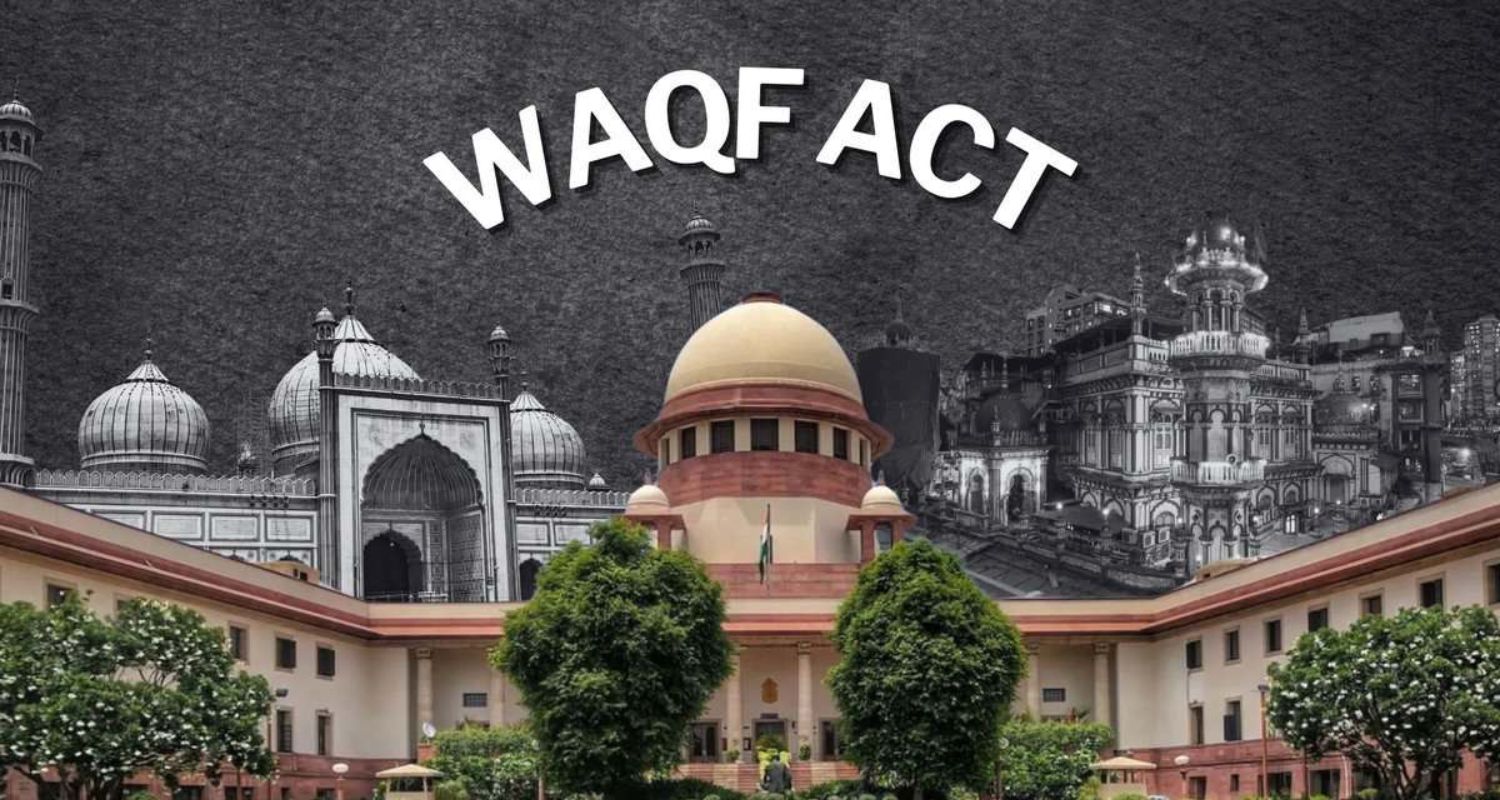The Supreme Court on Thursday reserved its interim order on three crucial issues arising out of a series of petitions challenging the constitutional validity of the Waqf (Amendment) Act, 2025. The order was reserved by a bench comprising Chief Justice of India B.R. Gavai and Justice A.G. Masih, after hearing extensive arguments over three days.
At the heart of the petitions is the concern over whether properties declared as waqf — either through court declarations, usage (waqf-by-user), or through a legal deed — can be denotified under the amended law. The petitioners also questioned the composition and control of waqf bodies and the role of the government in determining waqf status.
Appearing for the petitioners, senior advocates Kapil Sibal, Rajeev Dhavan, and Abhishek Manu Singhvi contended that the Waqf (Amendment) Act, 2025 undermines established legal and constitutional protections around waqf properties.

Kapil Sibal, in his submissions, described the amendment as a “complete departure from historical legal and constitutional principles.” He alleged that the Act enables the "capture of waqf properties through a non-judicial process," asserting, “This is a case about the systematic capture of waqf properties. The government cannot dictate what issues can be raised.”
The petitioners specifically sought interim relief on three key issues:
- Denotification of Waqf Properties: They challenged provisions that allow the denotification of waqf properties already recognized by courts, by established usage, or by deed.
- Management of Waqf Bodies: The petitioners opposed the current structure of State Waqf Boards and the Central Waqf Council. They argued that, apart from ex-officio members, only Muslims should be entrusted with managing these institutions.
- District Collector’s Inquiry Power: The petitioners objected to a clause that permits a district collector to conduct an inquiry to determine whether a property claimed as waqf is, in fact, government land, thereby excluding it from being treated as waqf.
Centre Defends the Act, Opposes Interim Stay
The Union Government, represented by Solicitor General Tushar Mehta, staunchly defended the constitutionality of the amended law. Mehta argued that waqf is a “secular concept” and that the presumption of constitutionality applies to the Act, shielding it from being stayed.
The Ministry of Minority Affairs filed a detailed preliminary affidavit on April 25, spanning 1,332 pages. The affidavit opposed any blanket stay on the implementation of the Act, emphasising that Parliament-enacted laws enjoy a presumption of constitutionality unless proven otherwise.
The Waqf (Amendment) Act, 2025 received the President’s assent on April 5 and was officially notified soon after. The legislation had sparked significant debate in Parliament, passing the Lok Sabha with 288 votes in favour and 232 against. It was subsequently approved in the Rajya Sabha with 128 votes supporting and 95 opposing the bill. The Supreme Court’s reserved order is now awaited and is expected to address the immediate constitutional concerns raised by the petitioners while also impacting the future course of waqf administration in the country.
Also Read: Waqf is like charity, not essential part of Islam: Centre to SC



